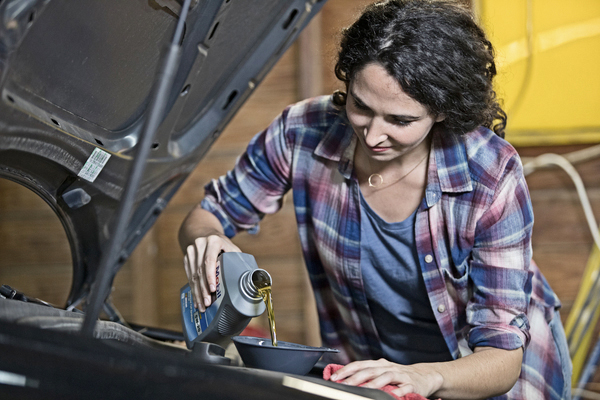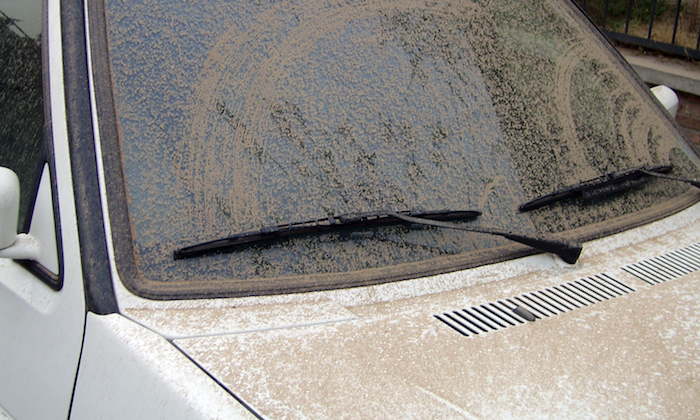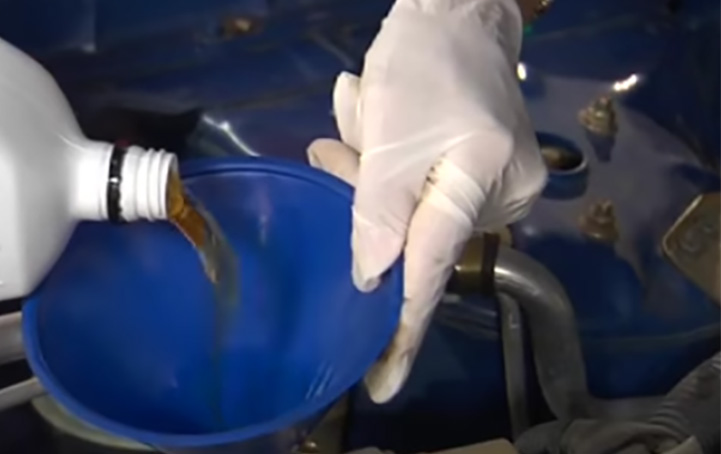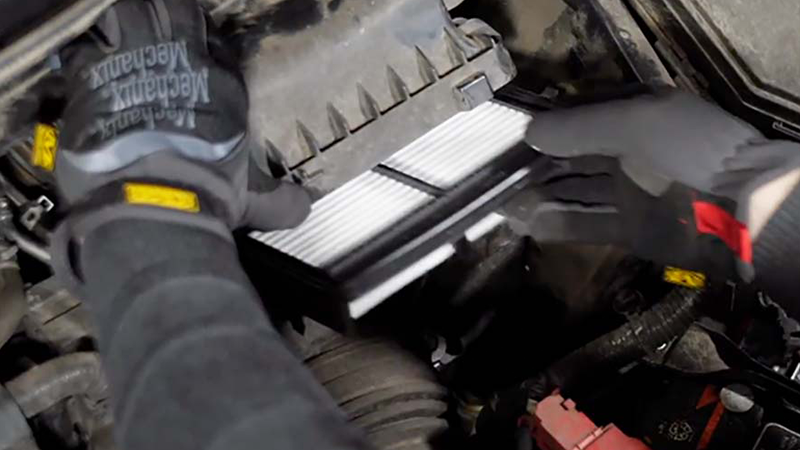Extreme weather is a well known cause of car problems, but drivers usually only consider outside conditions in winter. Hot summer weather, however, can be just as damaging as any harsh winter, with scorching heat affecting components such as the engine, the battery, the tires, the brakes, and the fluids. With that in mind, and with summer in full swing, now is a good time to read up on the most common causes of summer car breakdowns and how to avoid them.

Overheating
As temperatures rise, engines get even hotter than usual, which means that the car's cooling system is put under extra strain as it works to keep the engine cool. Under these circumstances, if there are any seals that are already in bad shape, they are very likely to lead to severe leaks, resulting in overheating.
You can protect your engine against overheating by making sure there are no deteriorating seals in crucial areas. To do that, you should inspect the entire cooling system, paying especially close attention to things such as the water pump, the hoses, and the radiator. Also, check the coolant level regularly and top it as needed. As a general practice, it's recommended that coolant be changed every 30,000 to 50,000 miles after the first manufacturer's recommended service interval. If you have doubts about the condition of your coolant, it should be a bright green (or pink or orange) color. Check its specific gravity and overall condition using a hydrometer or refractometer.
Dead Battery
High temperatures put car batteries under a lot of strain. Due to extended exposure to heat, the battery fluid can evaporate, potentially leading to a dead battery, which is one of the most common reasons for a car not to start.
To avoid this problem, you should have your battery inspected regularly, especially before summer road trips. Fortunately, battery testing and installation are two services that Advance Auto Parts offers free of charge. If your battery is older than five years, you should check it fairly often.
Related: Car Battery Life
Tire Pressure
Tires also need extra attention in summer. Rising temperatures cause tire pressure to increase. If the tire pressure exceeds the levels recommended by the manufacturer, it can lead to a blowout in the worst-case scenario. Additionally, overinflated tires are prone to premature wear, which creates a harsher ride and handling problems.
On the other hand, underinflated tires are also reason for concern when driving in hot weather. Underinflated tires generate a lot more heat and tend to incur damage much faster when the temperature is high, with added rolling resistance that is created when they get in contact with the road, making the tires themselves much hotter than usual, which affects their integrity. With that in mind, you should check tire pressure more frequently in summer (remembering to check when they're already hot) and make sure they are always inflated at the recommended pressure, which you can find in the manufacturer's manual or on the sticker located on your driver's door jamb.

Oil
When summer comes around, you have to think about engine oil, too, since it's one of the crucial elements that help the engine work smoothly and preserve its moving parts. When the temperature is higher than usual, oil becomes thinner and loses some of its viscosity, which reduces its ability to lubricate the engine's components properly. This leads to excessive and premature wear on some engine parts, such as the camshaft, the valves, the piston assembly, and the connecting rods, affecting the engine's efficiency and very likely resulting in a breakdown and expensive repairs at some point.
To make sure the oil is able to lubricate the engine as it's supposed to at all times, you should inspect its level every couple of weeks and remember to change it every 3,000 to 5,000 miles, or as instructed in your owner's manual.
You may also consider a switch to synthetic oil if your vehicle is older. Synthetic oil has been field-proven to provide better protection than conventional oil, and one of the best qualities of synthetic is its stability at all temperature ranges. In other words, synthetic oil is much less prone to thin out at high temperatures or thicken in subzero temperatures.
Related: Synthetic Oil vs Conventional Oil
With factors such as heat, increased traffic, and long-distance road trips at play, the risk of a car breakdown in summer is substantial. Taking proper care of your car and regularly inspecting the areas that are prone to wear and deterioration due to high temperatures is the best way of eliminating the risk of getting stranded while on the road on a hot summer day—and avoiding complicated and expensive repairs down the line.








